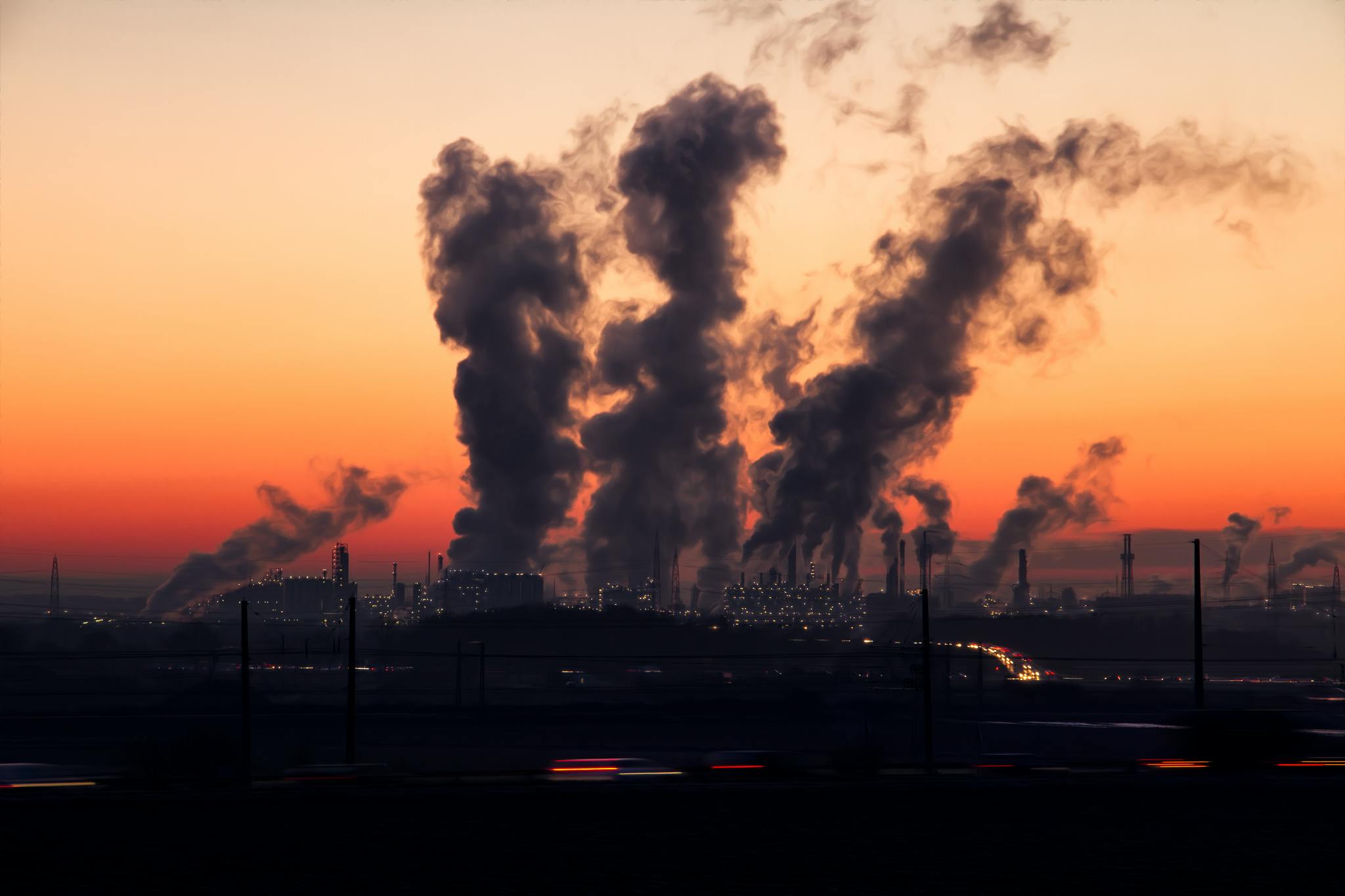A recent investigation by the BBC reveals that toxic pollutants released during gas flaring, a process involved in oil drilling, pose a more significant risk than previously thought across the Middle East, including the United Arab Emirates (UAE), host of the upcoming COP28 climate summit. Despite the UAE’s ban on flaring two decades ago, evidence suggests that the practice continues, adversely affecting air quality and potentially endangering millions of people in the region.
Flaring, the burning of waste gas, is avoidable, and captured gas could be used for electricity or heating homes. However, the investigation shows that flaring persists, contributing to the release of harmful pollutants, including PM2.5, Ozone, NO2, and benzo(a)pyrene. These pollutants have been linked to serious health issues such as cancer, strokes, asthma, and heart disease.
While the UAE faces scrutiny as COP28 host, the investigation extends beyond its borders, encompassing gas flaring in Iraq, Iran, and Kuwait. The analysis suggests that pollution from these countries travels hundreds of kilometers, affecting air quality throughout the region.
Major oil companies, including BP and Shell, have operations in the areas where flaring is reported. Despite assurances of efforts to reduce the practice, leaked documents indicating the UAE’s intent to strike oil and gas deals during the UN climate talks have raised concerns. The UN Special Rapporteur on human rights and the environment, David R. Boyd, expresses distress over the situation, stating that oil companies and states in the Middle East violate human rights by neglecting air pollution concerns.
This revelation underscores the urgency to address flaring, not only for environmental reasons but also for public health and the well-being of millions in the Middle East. The investigation advocates for stricter regulation, accountability, and the adoption of sustainable alternatives to curb the widespread environmental and health threats posed by ongoing gas flaring practices.
![]()
